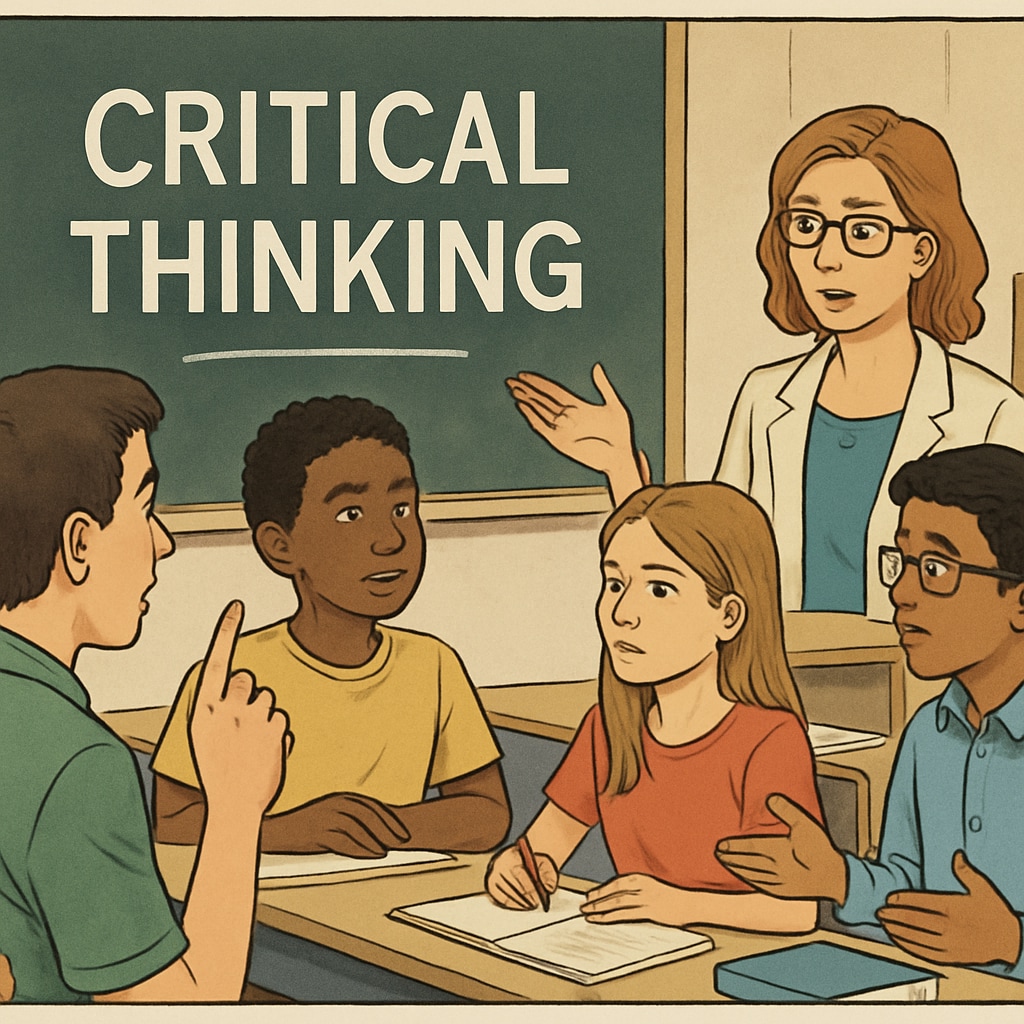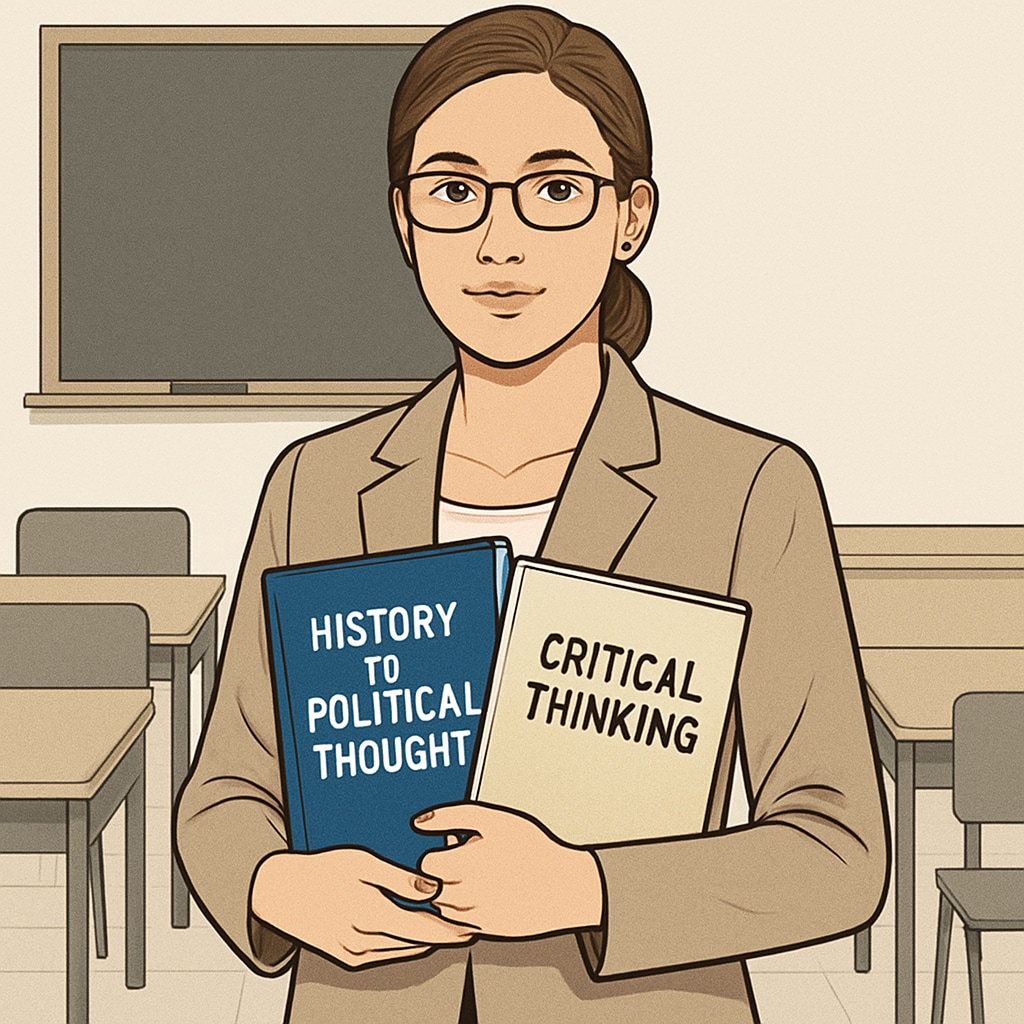Oklahoma’s recent decision to implement political screening in teacher applications has stirred debates about freedom in education, political influence, and the future of diverse perspectives in the classroom. By examining applicants’ political ideologies, the state aims to prevent the infiltration of what it terms “radical ideologies” into its schools. While the policy might align with certain political goals, it raises critical questions about the balance between safeguarding educational values and embracing ideological diversity.
Why Has Political Screening Been Introduced?
Political screening for out-of-state teacher applicants in Oklahoma has been justified as a measure to protect students from exposure to “radical ideology” or divisive political views. State officials argue that maintaining a neutral educational environment is vital for fostering critical thinking and unbiased learning. However, critics warn that these measures could lead to a narrowing of acceptable viewpoints, creating a homogenous educational experience that excludes alternative perspectives.

Potential Impacts on Teacher Recruitment and Diversity
One major concern is the potential chilling effect this policy could have on teacher recruitment. Out-of-state educators may feel discouraged from applying due to fears of being judged not on their professional qualifications but on their personal beliefs. This could result in fewer qualified candidates entering Oklahoma’s teaching workforce, exacerbating existing teacher shortages. Additionally, ideological diversity in the classroom—a cornerstone of comprehensive education—may suffer as schools increasingly prioritize conformity over variety.
For example, studies by organizations like the Britannica on Academic Freedom emphasize the importance of exposing students to a range of perspectives to develop critical thinking skills. Restrictive policies that filter teachers based on ideology may inadvertently hinder this educational goal.

Balancing Ideological Safety and Freedom in Education
The challenge lies in striking a balance between protecting students from harmful ideologies and ensuring a vibrant, inclusive educational environment. While safeguarding values is important, over-regulation risks turning schools into echo chambers, depriving students of the chance to engage with differing viewpoints. As a result, educators and policymakers must work together to develop screening methods that prioritize professional qualifications while respecting ideological diversity.
Furthermore, resources like the Wikipedia entry on Neutrality in Philosophy highlight how neutrality in education can be maintained without resorting to excessive ideological filtering. Policymakers could take cues from such frameworks to craft balanced policies that support open dialogue and intellectual growth.
Readability guidance: The article uses brief paragraphs, clear subheadings, and a mix of examples and external references to enhance comprehension. Overuse of passive voice and jargon is avoided, ensuring accessibility to a broad readership.


